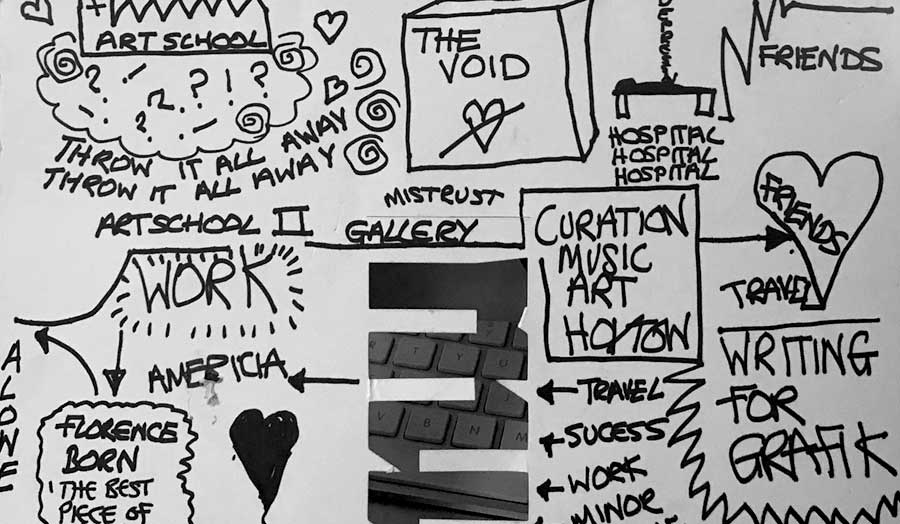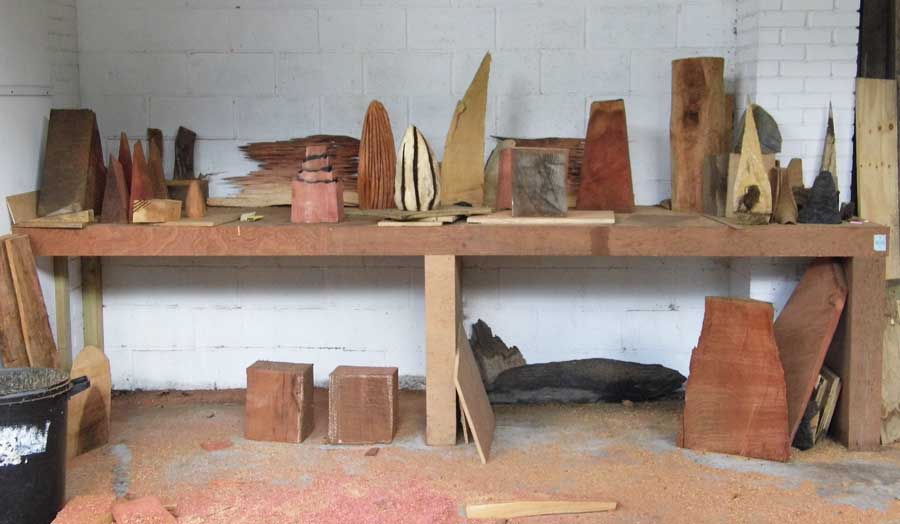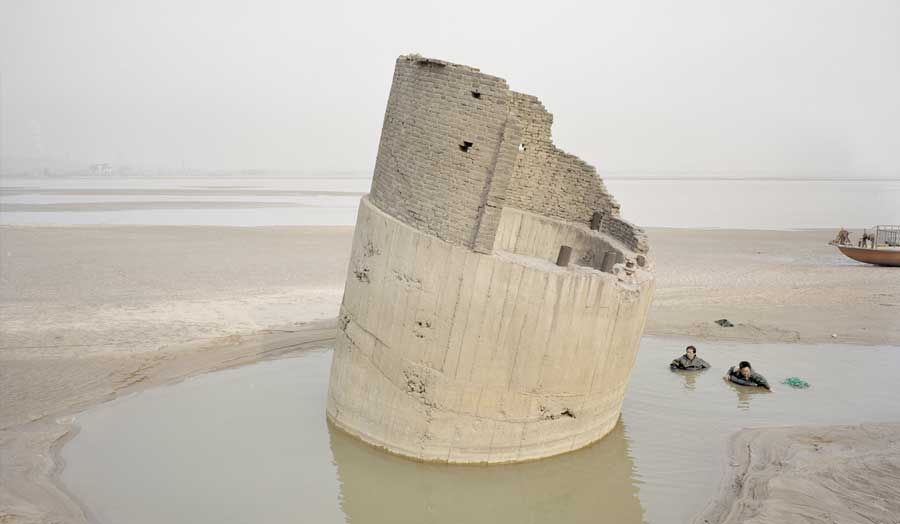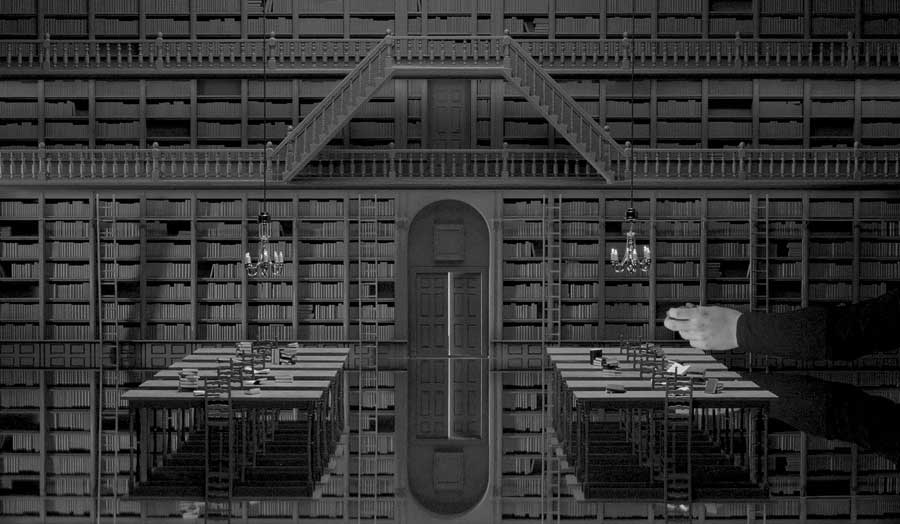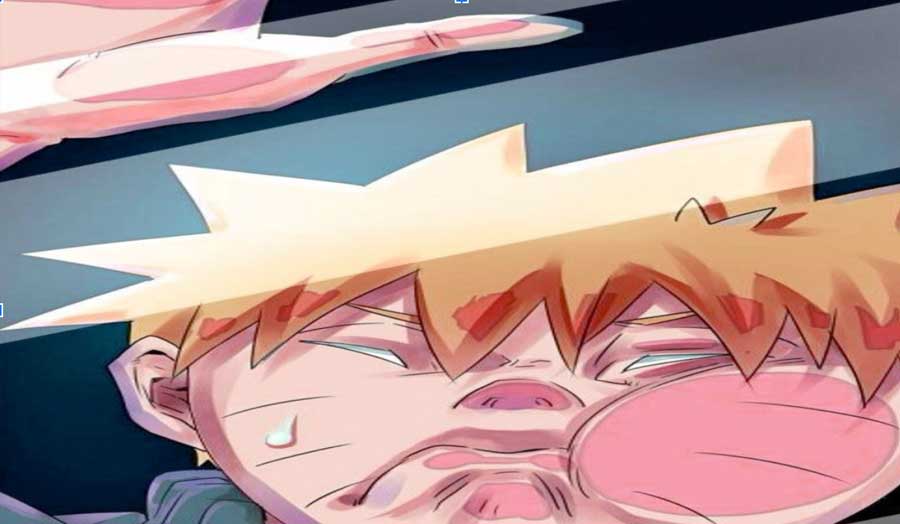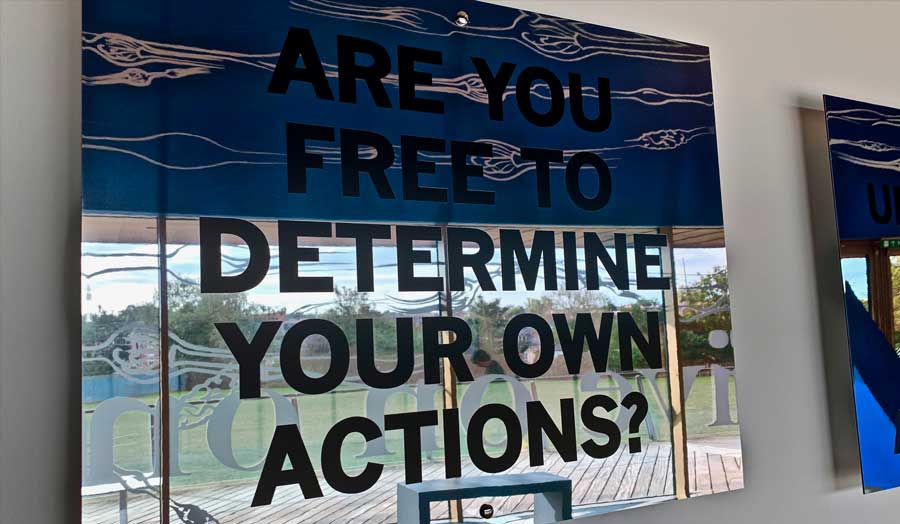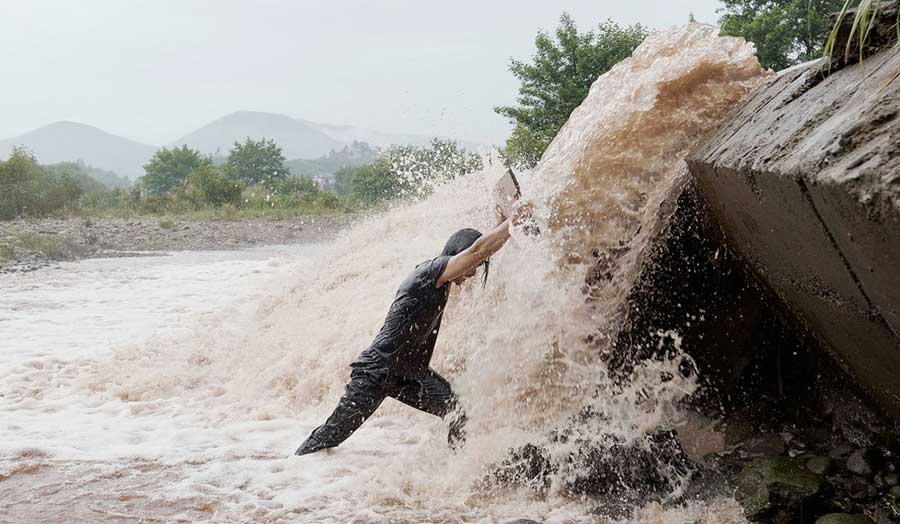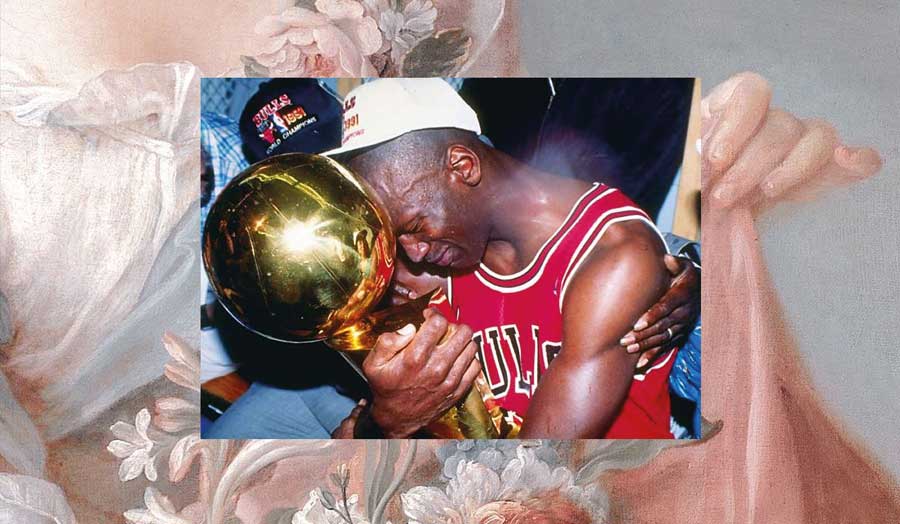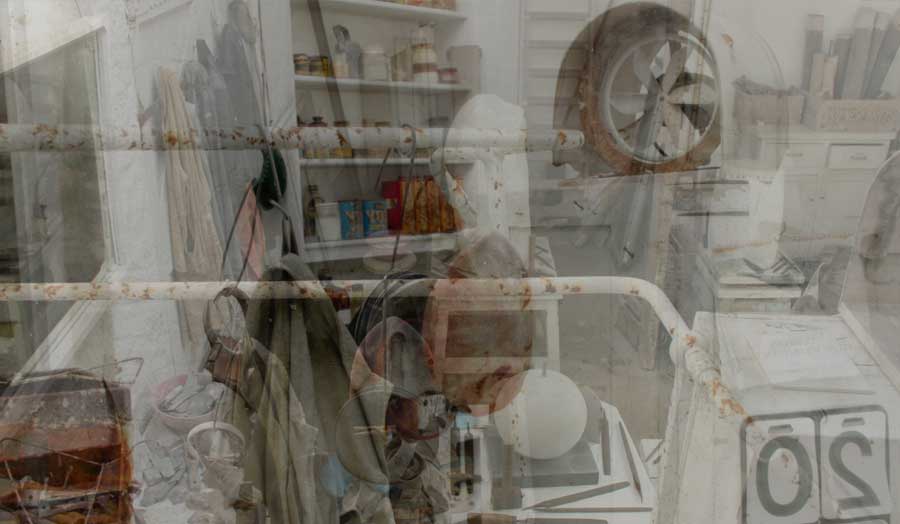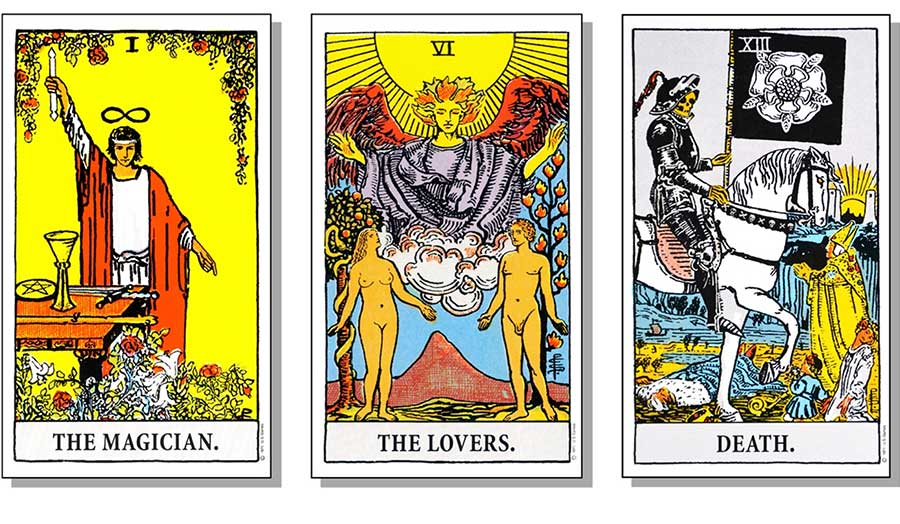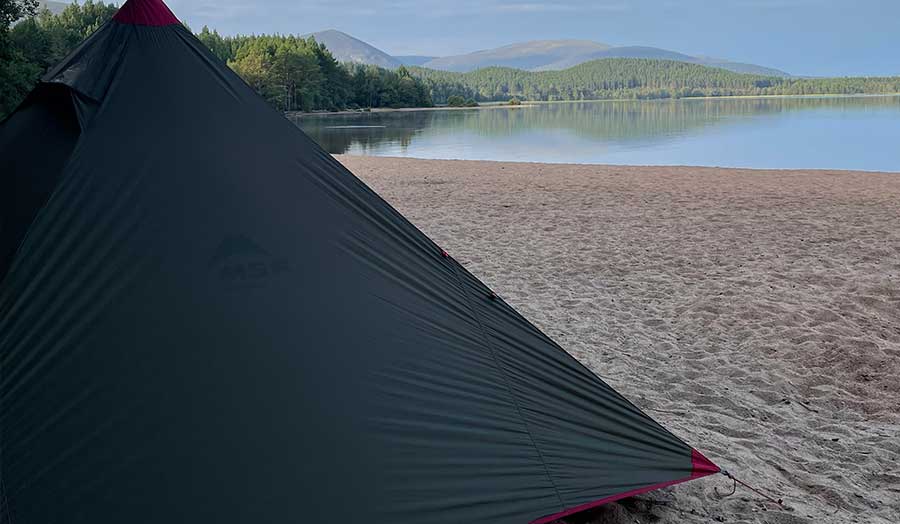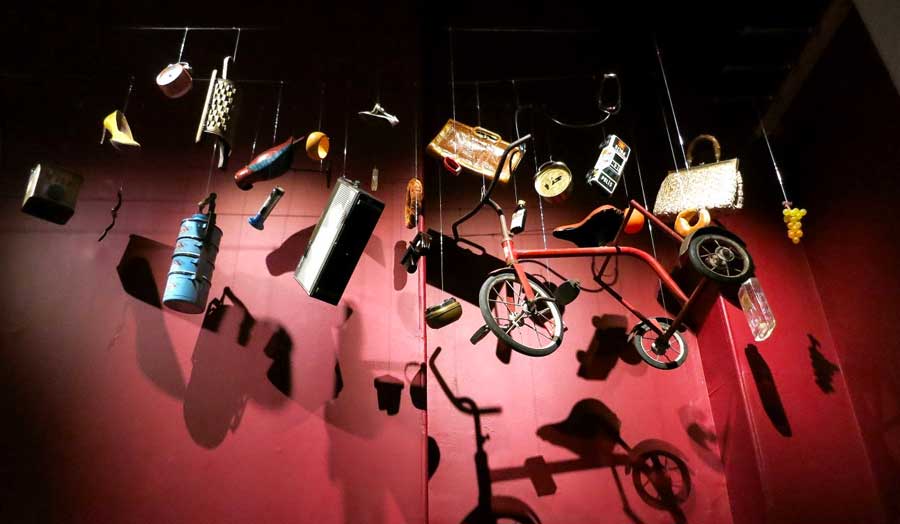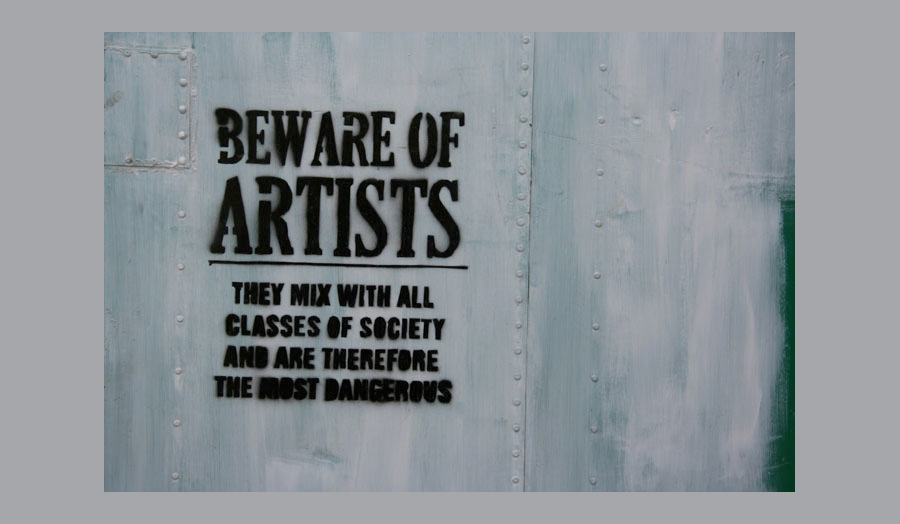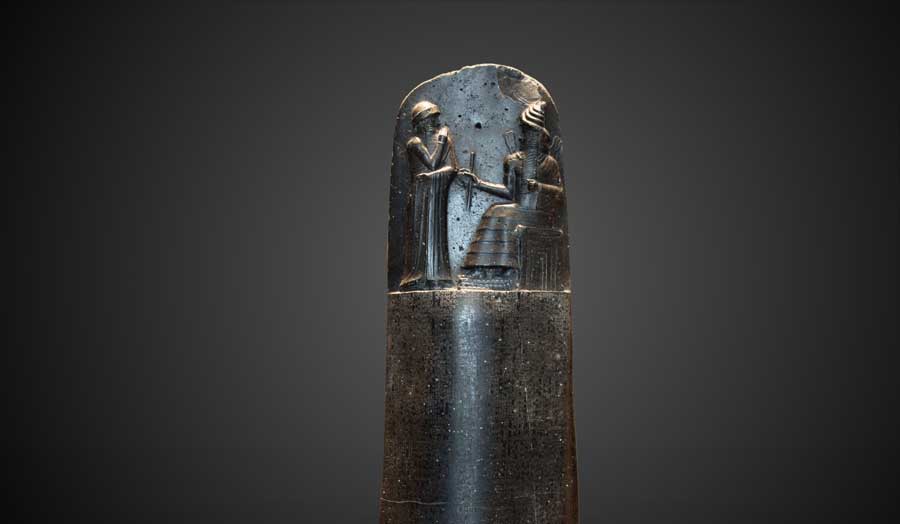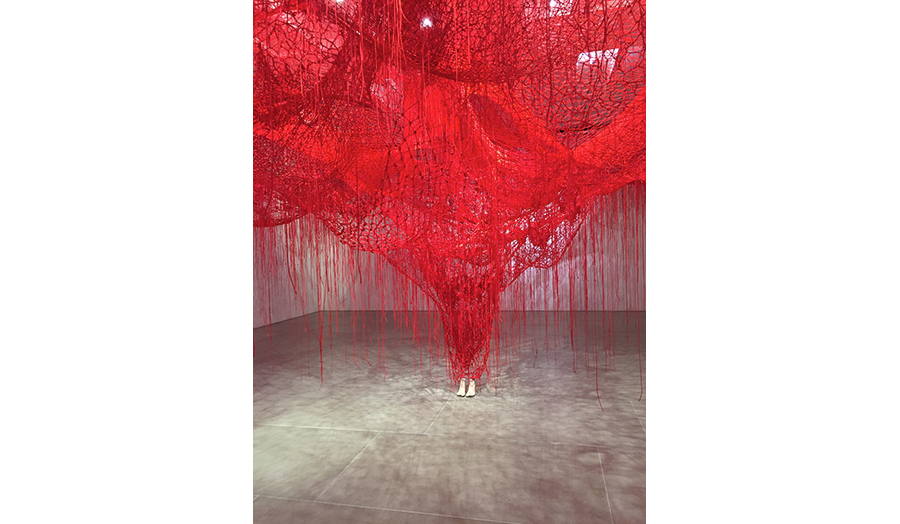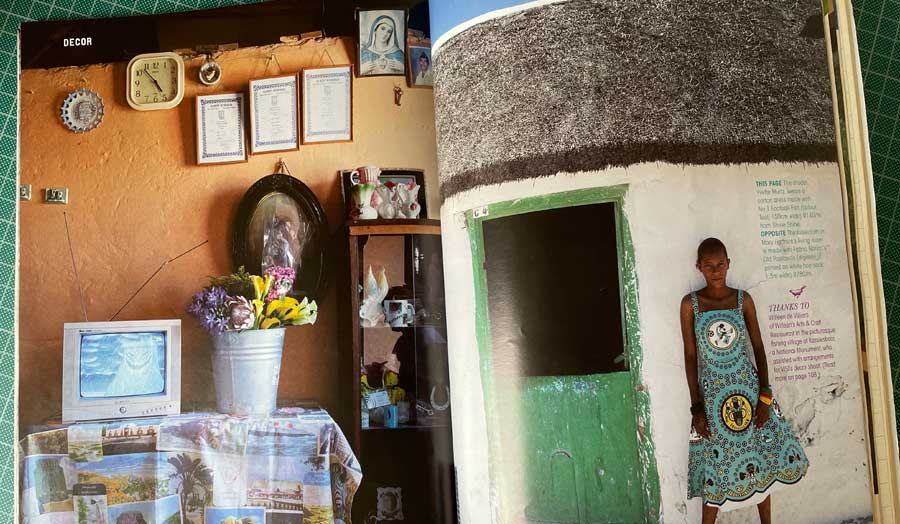Aleks Catina
This studio encourages dialogues around the cultural production at a time when narratives founded on certainty have ceased to make sense. It asks how creative practice can contribute imaginatively to dealing with the complexity of new narratives, transitional conditions and ‘wicked problems’.
Interpret this quote freely as a starting point for a conversation on artistic modes of knowledge:
[...] "the only distinction worth drawing is not between practice and theory, but between those modes of practice that are not intelligent, not inherently and immediately enjoyable, and those which are full of enjoyed meanings"
John Dewey (1929)
Provocations
We will critically explore concepts and products of modern and contemporary culture that are ambiguous, divisive, fuzzy, the inherently complex and contradictory.
- Can modes of creative practice be culturally purposeful when following socially disruptive agendas?
- How do objects, buildings and artworks communicate a rich and layered form of knowledge?
We are also interested in historical objects, structures, artifacts and processes that cannot retain their meaning over time or where the original meanings are lost and must be re-imagined.
- What does enjoyed meanings imply in relation to history, memory and myth?
- Are current generations conditioned by the enjoyed meanings of the past?
Form and content
Writing is a form of creative practice that allows us to engage with the joy of complexity. The dissertation project merges your reflective practice with the creative process of writing. Students will be encouraged to develop their individual topic around their chosen case studies.
The text will emerge from dialogue around your proposed investigation, close observation, the critical evaluation of social processes, the purposeful interpretation of art work, buildings and artifacts and the unexpected discoveries we make when visiting places and reading texts.
Suggested readings, resources and preparatory activities
Interpret the brief according to your field of interest. Find a quote in a book, and image or an object in an exhibition, or visit a place that challenges you. Take a few notes. Bring something you want to discuss, ideally including a question mark. These suggestions are for inspiration only. We will cover these themes in seminar sessions:
- Difficult Narratives: About some interesting ways of telling a story, you can find those on YouTube: HyperNormalisation (2016) by Adam Curtis (any of his films will do) and/or Cave of Forgotten Dreams (2010) by Werner Herzog.
- Knowledge and Making: The quote above is from the essay Wicked Problems in Design Thinking (1992) by Richard Buchanan. An introduction to ‘wicked problems’ can be found on Wikipedia. More on the subject in the context of design and making. If you want more on John Dewey I recommend the essay By Nature and by Art (1944). Another interesting reading relating to scientific and mythical thinking is the first chapter in The Savage Mind by Claude Levy-Strauss (1962).
- Critique and Concept: Have a look at the at the work of the contemporary artist Jon Rafman who claims: “Rarely has reality needed so much to be imagined”. To add context read about the idea of simulation in Jean Baudrillard’s “America” (1981). Dwell into the language at the far end of modernity with Alexander Pope’s Essay on Criticism (1711).
- Complexity and Contradiction: To start to investigate how meaning is constructed without the imposition of dogma look at Linda Hutcheon’s book Irony’s Edge (1994). What does Umberto Eco imply in the last sentence of his essay Postmodernism, Irony, The Enjoyable (1994)?
*
Studio image: Google Street View of the entrance to Berthold Lubetkin’s Highpoint I. Banner: Hans Op de Beeck, Staging Silence (3), video still (detail), 2019
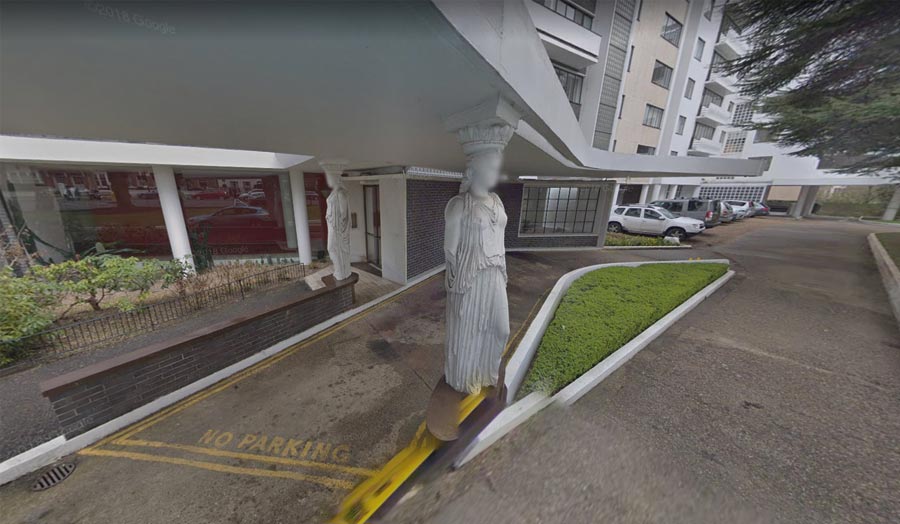
Details
| Tutor | Aleks Catina |
|---|

-(1)-(1)-(1).jpg)
